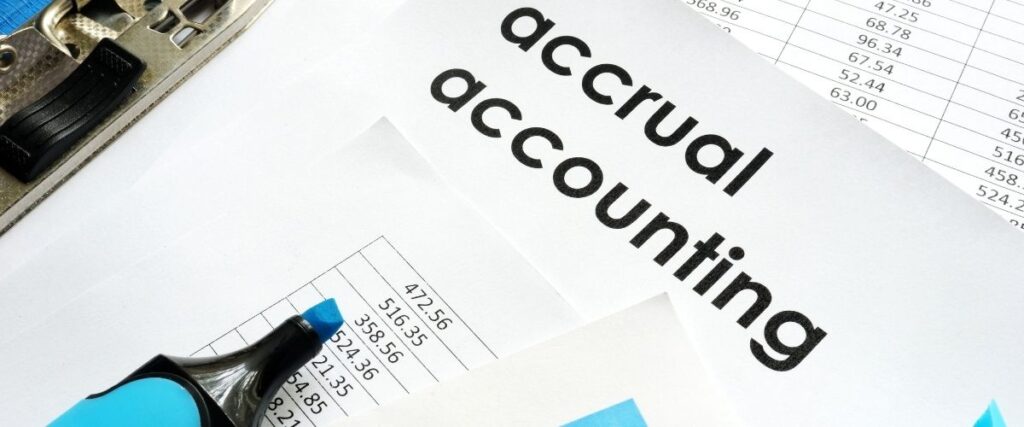You may have only been drinking wine made in the United States for a few years, but people have been making wine in this country for nearly 500 years. American wine was an undervalued industry for decades, and it has only been in the last 50 years that people have really savored good wine made in America. If you are in the wine business, you already know that the winemaking industry is a different business, especially when it comes to accounting practices. Accounting for wineries and vineyards is difficult. To make things easier, you’ll need an accountant with experience in winery and vineyards, specifically. Anyone without that experience is more prone to making mistakes, which could lead to financial woes for you.
Two Types of Accounting in One Business
Most agricultural bookkeeping—whether with crops and crop rotation, produce, or livestock—is straightforward. Accountants in the agriculture business only have to keep one set of books. However, the wine making process is different in terms of accounting. In reality, there are two types of accounting going on at the same time in the wine business.
Cash Accounting
First, in accounting terms, vineyards—the fields where the grapes are grown—operates as a traditional farm. This means that farmer built arbors or trellises to hold the grapevines, planted the grapes, waited for them to mature, and harvested them. The farmer handles pesticides, replanting, and other issues with a vineyard. The farmer selects specific grapes to grow depending on the type of wine desired, the soil conditions, and the planting or growing season. Because vineyards are an agricultural crop, accountants can keep the books as a cash accounting business.
If the grower has a vineyard without a winery, the cash accounting method of bookkeeping is still acceptable because the crop is planted, grown, and harvested in a cycle that typically spans one growing season. Payments for the growing season occur at one specific time.
Accrual Accounting
Many vineyards are attached to a winery business. If you own both a winery and a vineyard, the cash method of accounting isn’t enough. Wineries must be measured on an accrual accounting basis. In accrual accounting, revenue and expenses are recorded in the books at the time of the transaction. Many wineries use accrual accounting as part of the bookkeeping process, because not all wine sells at the time of bottling. A bookkeeper would record expenditures for wine barrels at the time of the barrel purchase. The wine that goes into that barrel may not be sold for months or years, at which time the bookkeeper records the revenue. Cash accounting is easier than accrual accounting, because expenses and revenues happen in the same growing season. Accrual accounting takes someone with far more knowledge of accounting practices.
Because of the operations of a winery with a vineyard, a wine accountant must be able to balance two books—using cost and accrual accounting practices—rather than a single ledger.
Wine Production Has a Long Expenditure Capitalization Process
Not only does a wine accountant need to manage two books, they must also understand the long period of vineyard growth. Beginning operations as a vineyard is an expensive initial investment. After you purchase the land, you must pay for arbors or trellises for the grapes and pick the type(s) of grape you want to plant for winemaking. Grapes used in winemaking take several years to grow and become good wine producers. People who plant vineyards must be in it for the long haul, and not mind excessive spending with a return on investment in years rather than months.
Wine accountants know that to operate a successful winery, expenditures mustbe capitalized throughout the growing process. When commercial production begins, the accountant can begin to account for both expenditures and income on the ledger. Capitalization is important during the wine production process to allow the business room to grow without all of the expenses taking the operating and production capital out of the business when production begins.
Cost Accounting Is Different For A Winery
When an accountant uses the cost accounting procedure for a winery, they must use a non-traditional method. Two of the processes during making wine, crushing grapes and bottling the wine, take a short amount of time. That means the expenses or income happen quickly. However, two other processes for winemaking are long term. Wine is aged in barrels for a period before it is poured into a bottle. After the wine is poured into a bottle, it is aged again. Any costs incurred here happen over a period of months or even years. In fact, the higher grade a wine is and the more expensive it is, the longer the aging process takes.
Activity-Based Cost Analysis
In activity-based cost analysis, costs are assigned by wine type. That way, an accountant can figure the cost to produce the wine by the gallon or by the bottle. However, activity based cost analysis can get complicated for an accountant. Each wine has a different storage time, and this impacts cost accounting. Wine accountants must take shrinkage into consideration, as the volume of wine in a bottle shrinks during the aging or bottling process. A winery may sell some of the wine in bulk in the barrel or in the bottle before it is aged. Also, wineries may value inventory in different ways, including last in—first out, or by the dollar value of each bottle.
One other factor that wine accountants must take into consideration is charitable donations of bottles and the effect on inventory. Wineries are often asked to contribute bottles to charity auctions, and it is good advertising for any winery or vineyard. Because each bottle must be accounted for, a wine accountant must check inventory against a list of charitable donations of wine bottles.
Let Protea Make Wine Accounting Less Complicated – We Are Here to Help
Wine accounting is understandably complex, especially if you own or manage both a winery and a vineyard. If you are the owner of a winery and a vineyard, you want to find an accountant who is familiar with the bookkeeping and inventory practices of wineries. Don’t trust your accounting to someone who isn’t familiar with keeping books for the wine industry. When you need a wine accountant, contact Protea Financial, and let us help you keep the best books in the wine business.





